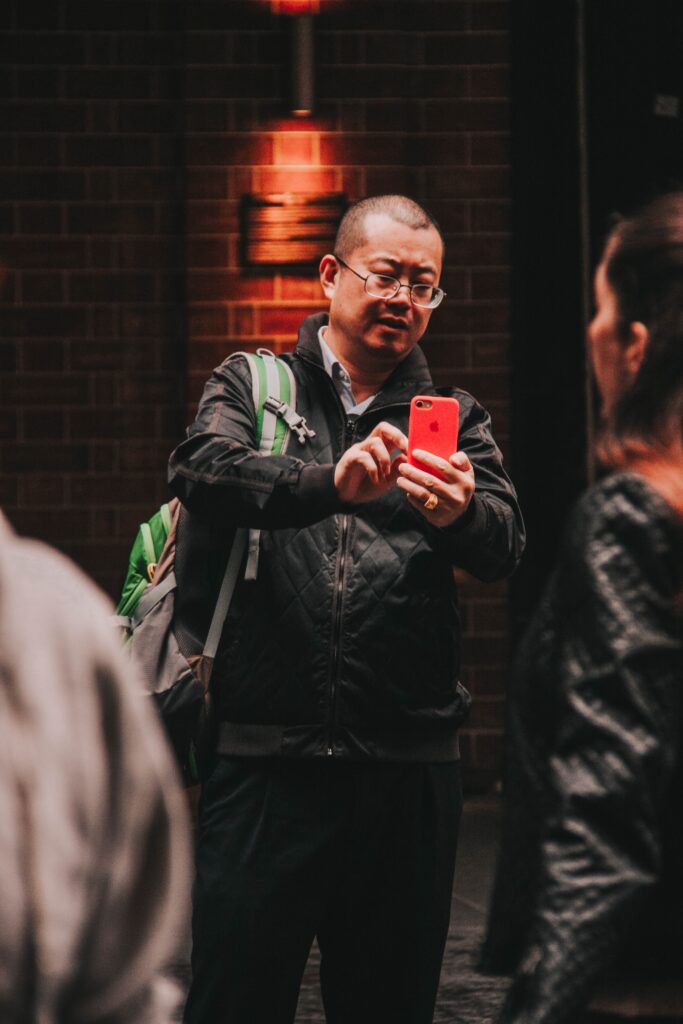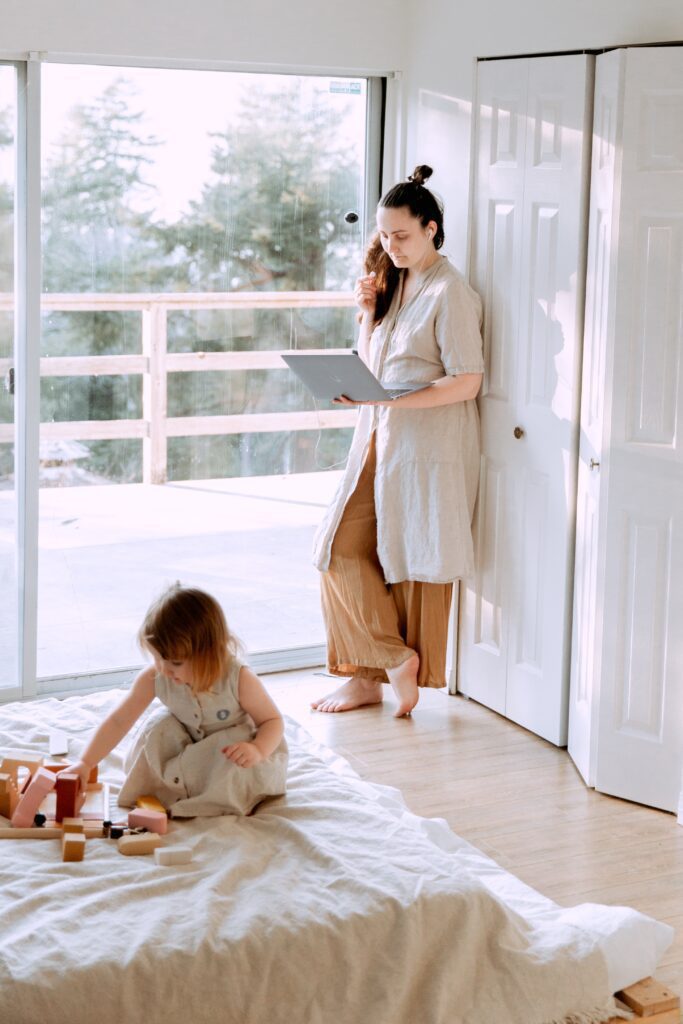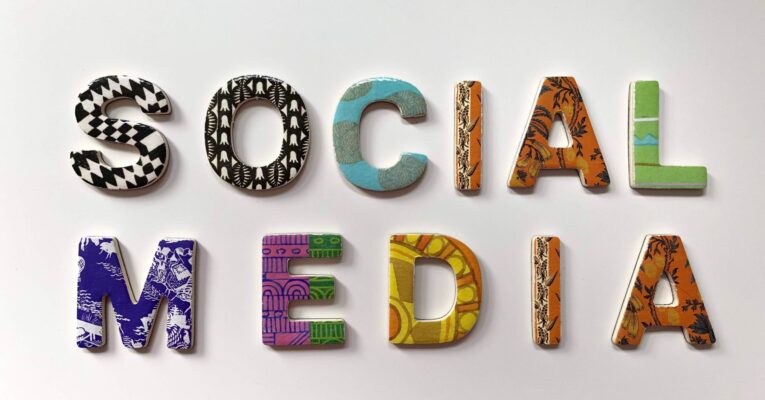It’s not a surprise that since the pandemic, the use of social media has risen dramatically. Facebook and Instagram have seen a 40% increase in usage since the start of the pandemic, while Twitter has 23% more users than it did a year ago. Additionally, in countries most hit by COVID-19, messages across the Facebook, Instagram and WhatsApp platforms have increased by 50%.
It makes sense that we are all using social media more. Since we are not able to connect with many of our family or friends in-person because of physical distancing, social media has become an important tool to keep the lines of communication open. However, social media has also been shown to have a negative impact on our mental health, so it’s important to manage our consumption.
We’re not saying that all social media use is bad, social media can help keep us informed and connected, alongside many other positives, but it’s still important to be mindful of your social media usage. This can help to ensure that it’s not negatively impacting your mental health. By reading the tips and tricks in this article, you’ll be well on your way to developing a more positive relationship with social media.

Why Is Social Media So Bad For My Mental Health?
Although social media is positive in many ways and allows you to connect with others, if you are not careful about how much time you’re using it for and what you’re consuming, there can be many harmful consequences to your mental health. Social media usage has been shown to lead to increased:
- Feelings of depression, anxiety, isolation and loneliness.
- Thoughts regarding suicide and self-harm.
- Feelings of inadequacy—Many people’s social feeds only highlight the positive moments of their life, making it seem like they don’t have the same challenging or mundane experiences as the rest of us.
- Opportunity to be cyberbullied—Which can have long term mental health consequences.

Unfollow Accounts That Don’t Make You Feel Good
Just like you shouldn’t be spending time with people that don’t make you feel good, the same should be true for your social media accounts.
Take time to audit your accounts and unfollow those whose content is affecting you negatively. We also aren’t just referring to celebrities and businesses, but also friends or people you may know IRL (in real life). It was recently found that the content from Facebook friends, impacted people more negatively than other information posted on the channel.
This is not to say however that you should delete everything that could be considered ‘unhappy’ from your feed. Following those who may be facing or have endured similar struggles to you may be beneficial in helping you feel less alone and provide you with support. However, if at times it feels too heavy, perhaps take a break by using the mute features mentioned next.

Activate Mute
If it is impossible to completely unfollow the accounts of a business or organization because it will cause conflicts in your personal or working life, you can mute them instead. Instagram and Twitter offer mute features that will stop posts from specific organizations or individuals from appearing in your feed. You can also unfollow someone on Facebook, while still remaining Facebook friends with them.
On top of that, Twitter provides you with the option to mute keywords or hashtags that trigger or upset you. With this feature, you can mute them forever or just for a limited time, which can be great if you need a break from content that is heavy burden for you, such as the news.

Follow Accounts That Fill You With Positivity
On the other hand, it’s essential to infuse your feed with inspiration and positivity. In a 2018 study of millennials, it was found that those who were interacting with more uplifting content on social media, experienced more positive feelings than those who did not.

Check Your Sources
In today’s social media landscape, we all play a role in ensuring the dissemination of information is accurate. Before sharing stories or posts, make sure you take the time to open up the article to fact check and identify whether the content is coming from a reputable source.
In the current times of the COVID-19 pandemic, posts from organizations like the World Health Organization (WHO), public health ministries and the local, provincial and federal governments would be considered credible sources.

Watch What You’re Posting
Play an active role in increasing positivity on social media. Reduce your use of enhancement features like filters and Photoshop, and show your authentic self. Before posting also examine whether your post will be beneficial to others and ask who it might harm. By giving a second thought to what you’re posting, you’ll be able to create a healthier environment for everyone.

Decreasing Social Media Use
According to the Digital 2021 Global Digital Overview the average Canadian internet user spends approximately 6 hours and 26 minutes online each day, with 1 hour and 46 minutes of this time being focused solely on social media. There are also many studies that show a significant reduction in anxiety, depression, loneliness and sleep problems with decreased social media use. With so many of us spending a large portion of our day online, it is essential that we that we look at how this usage impacts our mental health.
Without completely stopping your social media use all together, there are many tips that you can use to reduce your social media use, improving your mental health.
- Use an App: There are many apps available that can provide you with information about how much time you are using social media. Knowing where you are starting, will help you to more effectively set a goal for yourself on how much you’d like to cut your social media use by.
- Pick Certain Times of Day: Another way to reduce your social media use, is to pick times where you don’t go online—this could be during dinner, playing with your kids or spending time with friends. By setting blocks of time aside to disconnect you’ll be able to more easily reduce your social media use.
- Charge Devices in Another Room: Don’t bring your devices into your bedroom when you go to sleep. Buy an alarm clock if you usually use your phone to wake you and then take the time before bed to read, relax and wind down for the night. Also, when you get up try to not look at your phone for 30 minutes and then increase this as the days go on if you can.
- Stop Notifications: Turning off notifications will reduce your impulse to check your phone or device every time it alerts you.
- Check in on How Often You Check Your Phone: If you out of habit check your phone every few minutes, challenge yourself to wait 15 minutes before checking your phone, then increase it to 30 minutes and so on.
- Remove Social Media Apps: Remove social media apps from your phone, making it harder for you to easily check your accounts. By limiting social media usage to a tablet or computer, you should be able to decrease your social media use drastically.
By being more mindful about our social media use, we can work to improve not only the mental health of ourselves and our families, but also the community as well.
Other Resources You Might Be Interested In:
BounceBack: Seven Ways to Use Social Media to Benefit Your Mental Health



